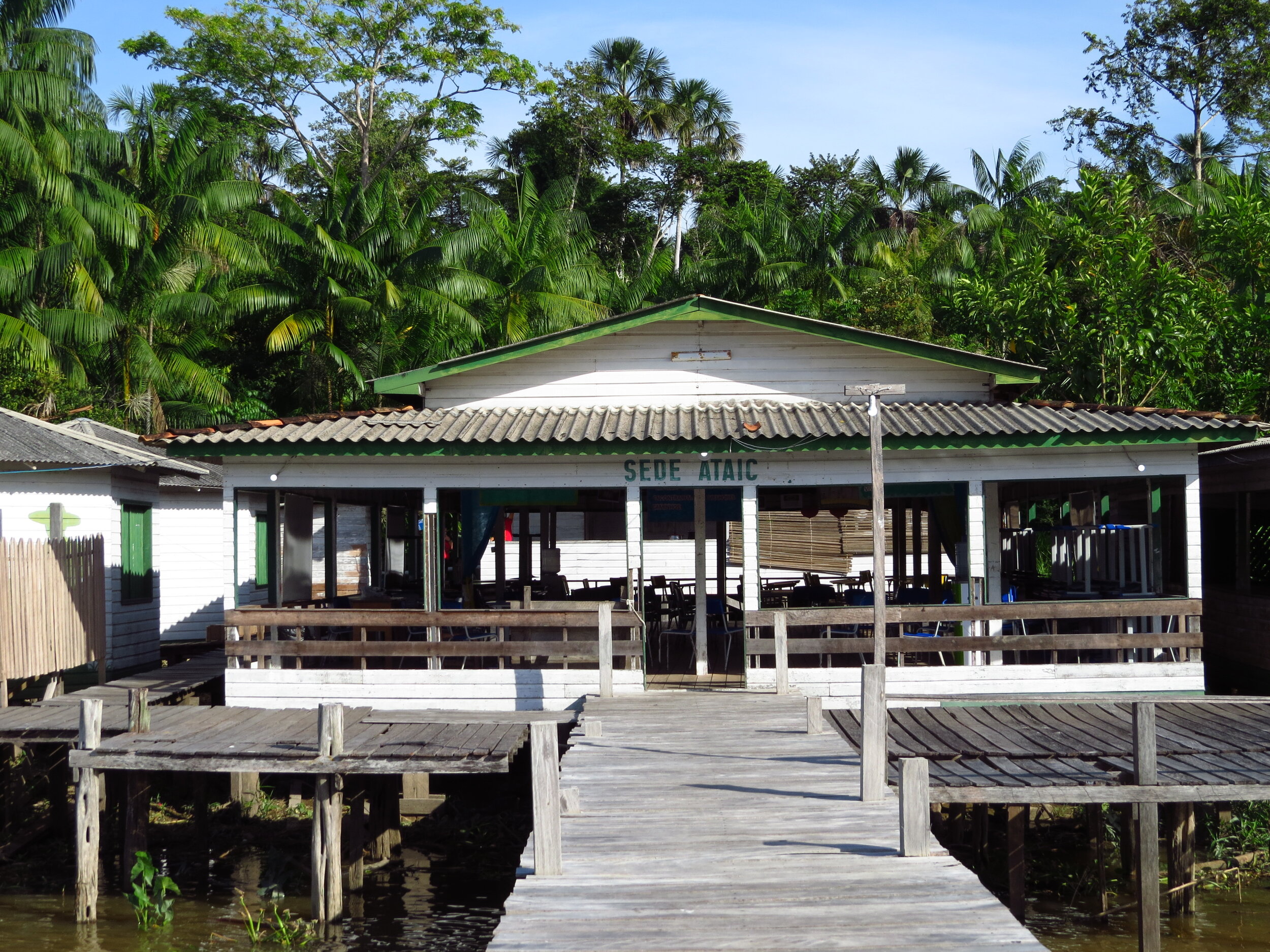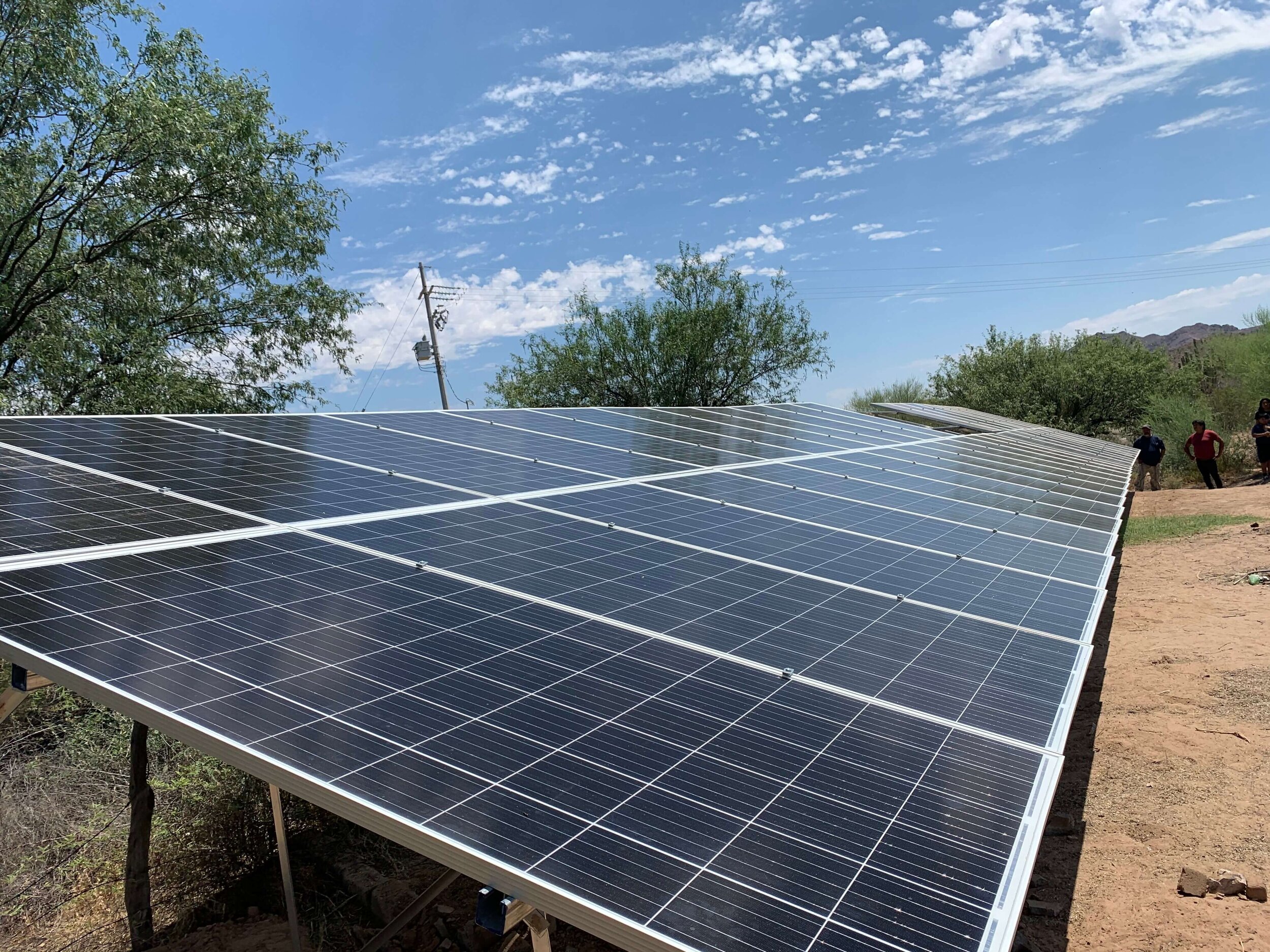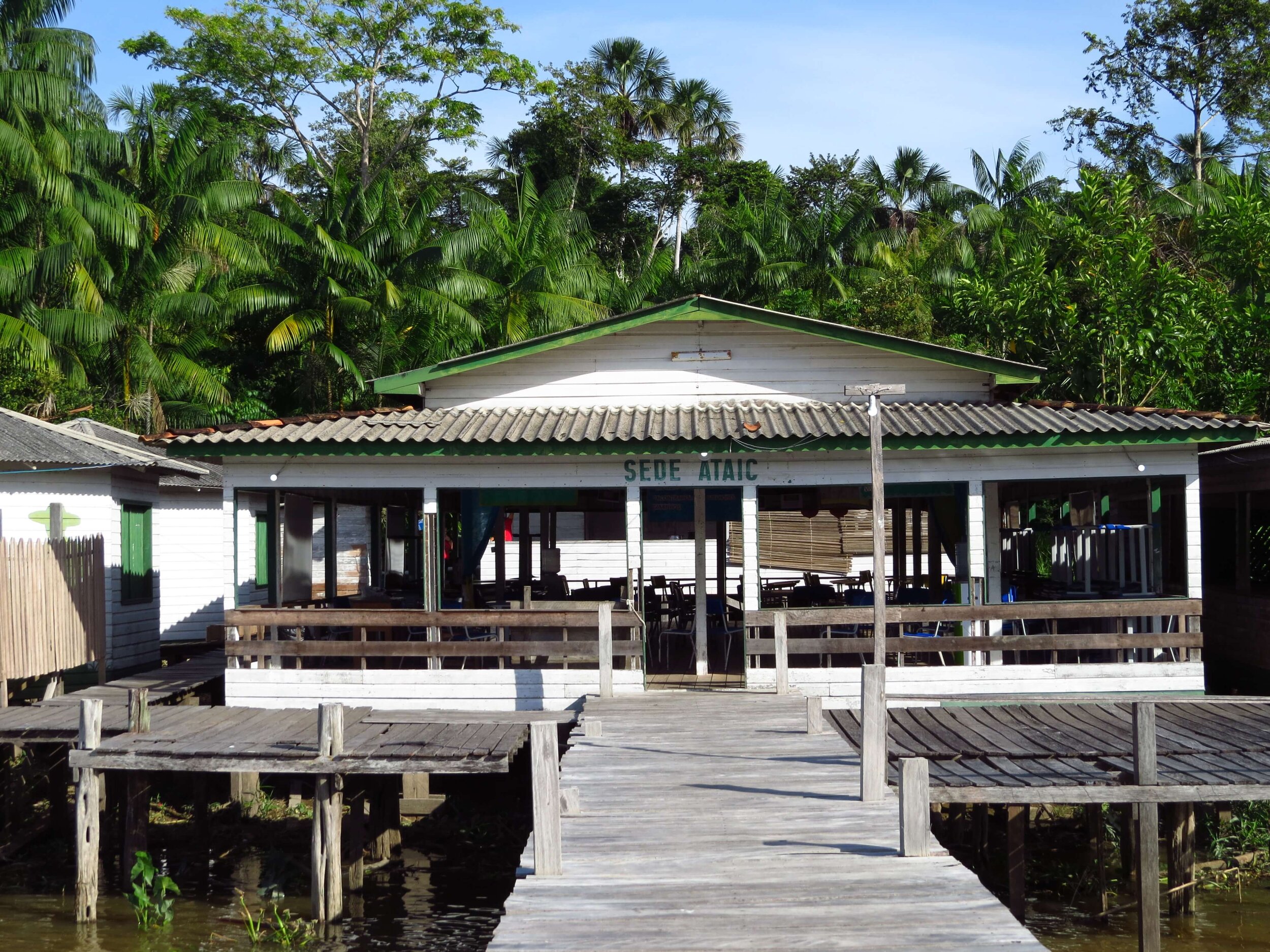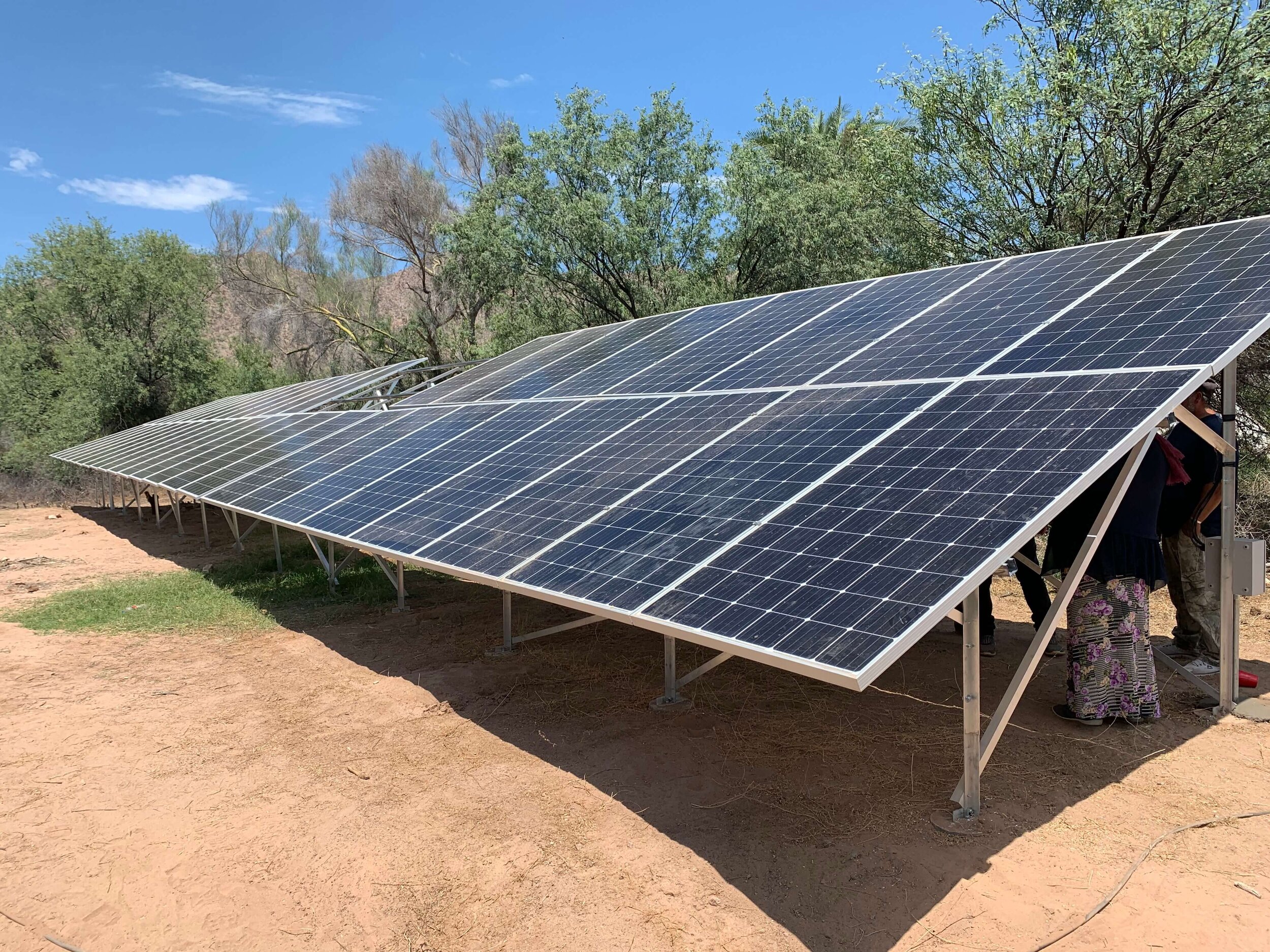By Kate Trujillo, Director of Programs
Kate Trujillo joined the team in September of 2019, excited to take on the challenge (and adventure) of developing a new grantmaking process. In her previous roles, Kate has worked with communities around the world to develop sustainable, community-owned solutions that increase access to basic needs.
Starting something from scratch is always exciting because it feels like a new adventure. Whether it's a new sport, a new language or a new project, there’s something about taking on a challenge that makes my ears perk up. As a kid growing up in Oregon, this might explain why I was always running off into the woods and trying to climb the biggest trees, only to return covered in mud and blackberry thorns (to be safe, I always carried a snack and a headlamp — rules that still apply today). So understandably, when I was asked to develop and implement the Honnold Foundation’s first ever open call for grant applications, I was excited.
Since this was HF’s first ever open call, we had no idea what to expect. Would we get two applications or 2,000? Would our call reach the right people? What we did know was that we wanted to stay true to one of our core values: partner organizations come first. Our process needs to be accessible and transparent, and require only the information we really needed to make grant decisions. We saw no reason why the application should be twenty pages long or take months to review, so we crafted an efficient, lean process that collected essential information over two rounds.
We opened the initial application in mid-February. By the time it closed three weeks later, we had over 700 applications from around the world, 42 of which we invited to round two. We asked those applicants for detailed information on project maintenance, monitoring and evaluation plans, and how the project was going to impact both social equity and the environment.
Differentiating between dozens of compelling solar energy projects is a challenge, so we relied on the following criteria to determine which organizations merited funding.
Over 700 Applications
Applicants from over 100 different countries
8 new core partners from around the world
We were looking for projects that:
Were driven by the community they served, and came from community based organizations
Improved resilience in communities susceptible to the impacts of climate change
Eliminated or greatly reduced the use of diesel, kerosene, or biofuels
Increased social or economic equity for marginalized populations by providing job training programs, reducing energy bills, or increasing access to reliable light and power
Set a precedent in the community or region, or otherwise had the potential to scale beyond the initial proposal
Had identified solar installers with the capacity to complete the project
Had a clear and realistic plan for maintenance with community involvement
Reflected our values of collaboration, innovation and thoughtfulness in their approaches to increasing equity and decreasing environmental impacts
The HF staff team reviewed every application, and discussed each project at length. Each application was also shared with the Board of Directors, to evaluate values alignment, and with our newly formed Grant Advisory Committee (GAC).
The GAC is a group of technical experts we recruited from specific professional areas to identify strengths and challenges, and flag any missing technical information in the applications. The members included a University of Michigan professor whose research focuses on renewable energy and community development approaches around the world, a climate policy professional with expertise in solar financing and community-scale microgrids, a solar installer with decades of grid-tied and off-grid experience, and a Department of Energy consultant who works with Native American and Alaska Native tribal governments to develop renewable energy solutions. Their expertise and feedback was invaluable in ensuring a holistic and balanced take on each applicant.
We also spoke on the phone with representatives from each applicant organization, and these calls were my favorite part of the review process. I so clearly remember the day I spoke to Associação dos Trabalhadores Agroextrativistas da Ilha das Cinzas. Between 4 people, we were speaking Spanish, Portuguese and English and when I asked about their past projects, they told me about a sustainable shrimp farming technique they developed that was so successful that it was adopted by communities throughout the region. Hearing about projects like these from such passionate people was a great reminder of the incredible work happening in communities around the world-- pretty inspiring stuff!
After getting to know all the exceptional organizations on our shortlist, it was time to make final decisions on our Spring 2020 Core Grants. After going through the applications easily two dozen times, we selected eight projects in eight different countries, whose community driven solar projects were improving lives and reducing environmental impacts in innovative ways.
All eight of our new partners are already getting to work on their projects. For example, Borderlands Restoration Network is working with the Seri Indian tribe in Northern Mexico on a solar water pump that is interconnected to a solar lighting system. When complete, the pump system will provide 250 residents with clean drinking water and electricity. This system is accompanied by an agrovolatic garden that cools the solar panels and increases access to fresh fruit and veggies — and they just finished installing the solar array last week.
Throughout this process, we learned about dozens of other amazing organizations also doing incredible work, who we were unable to fund during this round. If you applied for funding, I want to personally thank you for the time and energy you invested in your application. I was so inspired by the work we learned about, and it makes me feel hopeful about future grant cycles.
Are you interested in learning more about our grantmaking process? Do you have experience managing large quantitative datasets? You’re in luck! The Honnold Foundation is accepting applications for a Grantmaking Analysis Intern.
We’ll be opening additional grant cycles in the future, and I can’t wait to meet our next round of partners. I invite you to join us in supporting our newest partners, and enabling the work of future grantees, by making a gift today.





